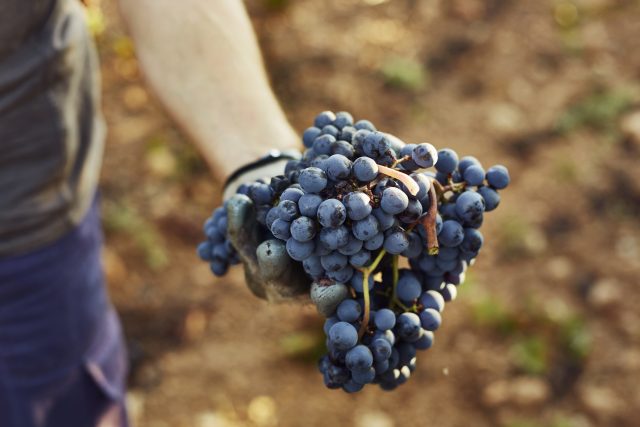French government asks EU for more cash to pull up vines
Plans have been submitted to the European Commission for €120 million in subsidies to pull up 30,000 hectares of French vineyards.

The strategy, which was created by the French government, the Nouvelle-Aquitaine region and the Bordeaux Wine Interprofessional Counsel, would see the uprooting of around 4% of the country’s total 800,000 hectares of vineyards.
The move is part of an even wider plan to remove 100,000 hectares of vineyards by the Ministry of Agriculture — more than a fifth of the total — although the EU request will only cover the initial 30,000ha.
A previous scheme, which had stalled, was given funding to pull-up 9,500 ha in Bordeaux. Last year, according to figures from the Conseil Interprofessionnel du Vin de Bordeaux (CIVB), Bordeaux had roughly 108,000 hectares of vines, and financing was provided to allow some 9,500 hectares to be pulled up in Girone. But the scheme has recently reported it has only pulled up around 3,000 ha.
That funding package totalled €57 million, with €38 million provided by the government and the remainder financed by the CIVB. The CIVB believed that pulling up roughly 10% of its vines will put the region back on a sustainable path.
In the new deal, vineyard owners are being offered up to €4,000 per hectare in the vine-pull deal, and aren’t allowed to replant vines until 2029 at the earliest.
Drop in drinking and yields
According to the government’s FranceAgriMer institute, the dropping in average wine drinking has increased in recent years, with a fall of 70% from 120 litres per year to just 40 litres per person in the last 60 years, and accelerating even more recently.
Partner Content
Red wine sales have dropped by 15% in the last three years alone.
The issue comes from an increase in choice for younger drinkers, changing consumption habits to beer and ready-to-drink cocktails and spirits, and even a wider abstention of drinking of all alcohol by those under the age of 35.
Early in 2023, vignerons in Bordeaux had already called for strikes to highlight the pressures facing winegrowers in the region. In 2022, the “extreme climate events” also hit vineyards, which led to some “significant losses in some cases”, and yields of AOC wine produced roughly 11% below the ten year averages, at 4.1 million hectolitres.
Support
Much of the focus for support to wine producers has surrounded help for excess vine grubbing up and the storage of wines that had failed to find buyers.
During the growing season last year, a hotline was even set up for ‘distraught’ winemakers in the region to deal with the severe weather’s impact on crops. Nicolas Morain from MSA Gironde, the local department of France’s agricultural social mutual organisation, said there were calls from people “who are really in distress” and one of the grape-grower’s wives had called him in tears.
“Some have lost everything already.” he said at the time, “We have never seen this – mildew spared no one” and that some wine-growers were even considering their careers, and it was “very traumatic” for those trying to control it.
Related news
Why it’s now the drinks industry versus government
Paul Biwand: why London’s bar scene beats Paris for openness and innovation




